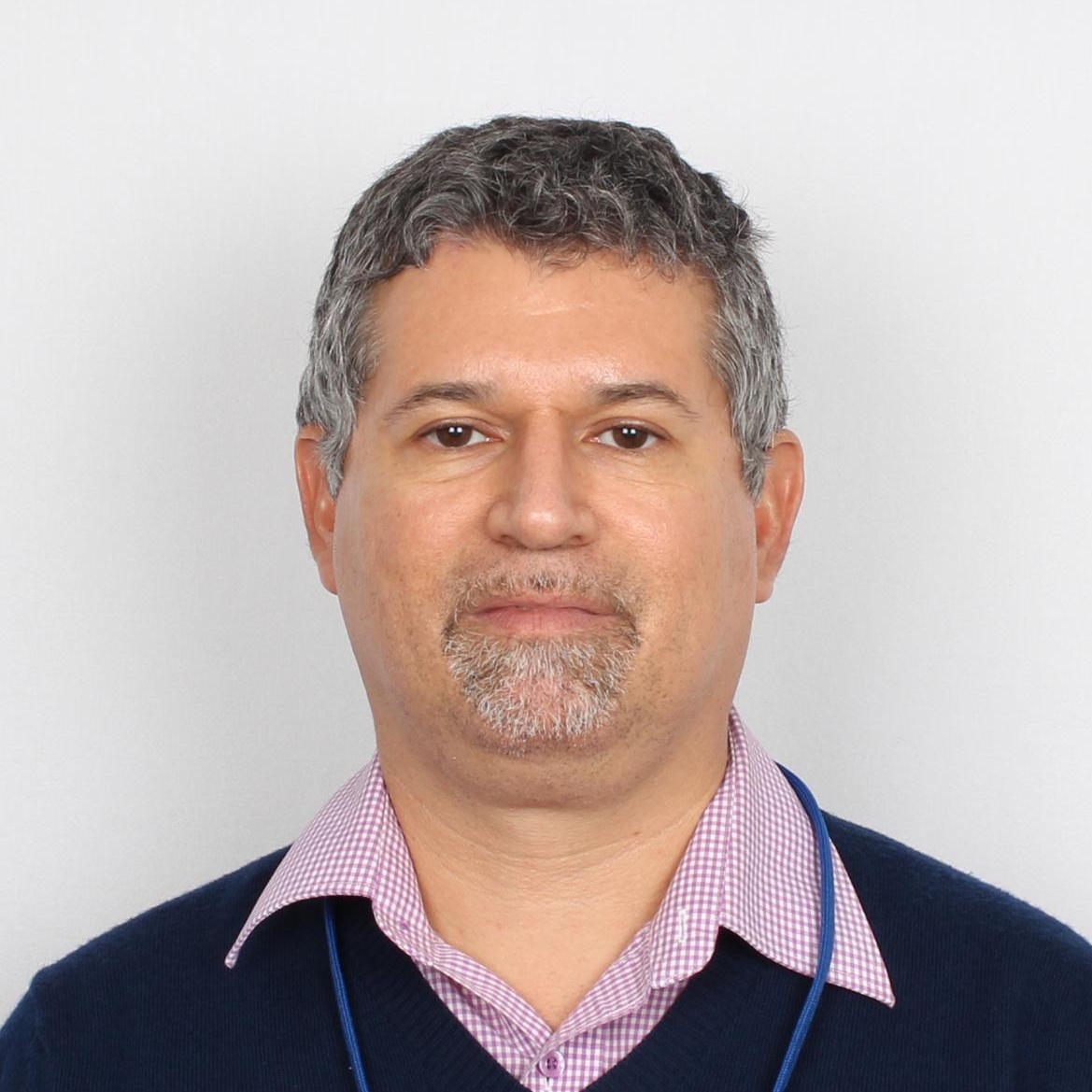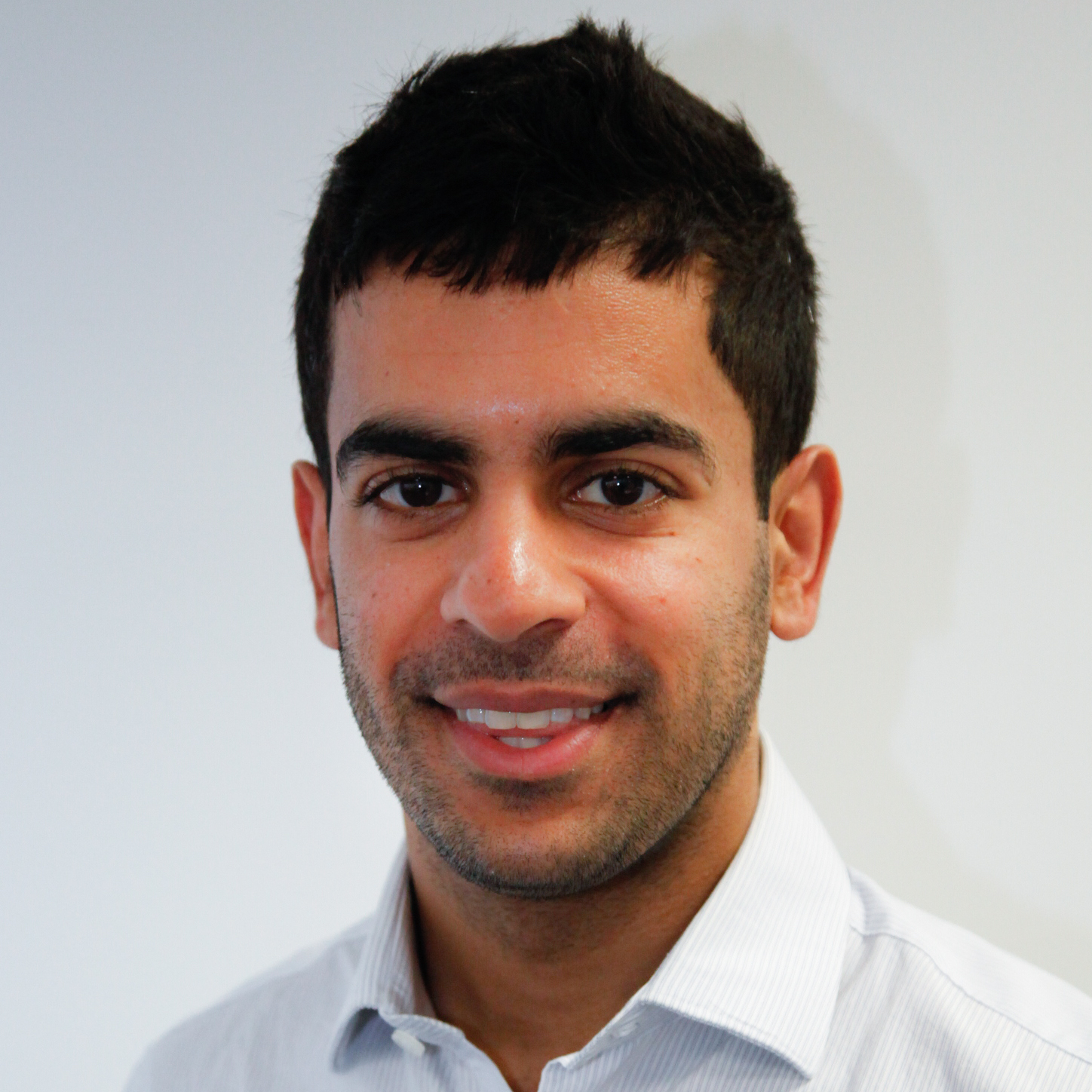Humanitarian pooled funding for NGOs: Follow-up questions
On 10 November 2016, the third session of the learning stream on humanitarian funding focused on NGO engagement with pooled funds, and their role for ensuring more timely and flexible funding for humanitarian response. Apart from answering participants’ questions during the event (which you can listen to in the event recording), the guest experts have also answered follow-up questions from the event participants, which you can now find on this page.
"The CBPFs appear to support mainly short-term projects, while the general trend (and requirement to donors) is rather to switch to financing longer-term program-based interventions. What is OCHA's current position on this? Is OCHA planning on shifting towards multi-year funding including through the CBPFs?"
- Project Officer, INGO, Switzerland

Fernando Hesse
As per the CBPF Global Guidelines, the maximum duration of a project is 12 months. This decision has been taken based on the duration of most Humanitarian Response Plans but may change in future revisions linked to the system’s ability to plan, monitor and fund longer-term interventions.
"We are talking about CBPFs being more efficient and reducing paperwork, but from my own experience, in some countries organizations often receive several small OCHA grants in the same year. In the end, it’s more work (several applications) for the same money and less security because we don’t know if the next small grant will come in. How can we manage this? It is understandable that OCHA may not want to move to longer term grants, but is there a middle ground? For instance, through quotas, which aren’t contractual but at least give the NGO more guarantees so we can plan for the future better?"
- MENA Program Assistant, INGO, Switzerland

Fernando Hesse
There is no rule stating that grants need to be split into increasingly smaller sizes. Most times this is a derivative of the Humanitarian Coordinator’s wish to ensure a fair share of funding allocated to often underfunded sectors/clusters or partners. We strongly advise for fewer, longer, more impactful projects which ultimately also tend to mean OCHA’s management of the funds is less complex as there is an almost equal amount of work put into a small grant as a large one on OCHA’s side in terms of monitoring, planning and reporting. Therefore, the system is made to work towards larger grants, noting also the need for enough funding, timely pledges and commitments from donors, and adequate partner capacity to handle larger grants in terms of funds and duration.
"Some NGOs are facing challenges with the CBPFs both in terms of access to the PCA process (namely in DRC), but also with the administrative process of getting proposals finally approved. How can these issues be raised with OCHA? Should they be addressed to OCHA directly or through the NGO open dialogue platform?"
- Funding Adviser, INGO, Ireland

Fernando Hesse
For concrete cases of significant delays in administrative processes and approval of projects, the implementing partner should contact the Humanitarian Financing Unit (HFU - Fund Manager) at the country level in order to raise the concrete situation and request support.
It is important to mention that CBPFs conduct analysis of lessons learned and challenges considering the local context. For that reason, it is very important that CBPFs are aware about the most frequent challenges that NGOs face.
For broader discussions, without going into specific details, NGOs can raise issues through the CBPF NGO Dialogue Platform. The Platform offers a great opportunity for NGOs to bring in their expertise and engage with OCHA to tackle operational issues and improve their management and implementation. NGOs can send an e-mail to [email protected]. We just recently conducted the second regular bi-annual session of the CBPF NGO Dialogue Platform for 2016 in Nairobi, which had a very strong participation of Somali local NGOs.
"For those NGOs strongly working with local partners, they have often encountered problems when trying to access a CBPF (for instance, in the DRC), since some of their partners where not considered eligible by OCHA. How should NGOs address this? Is OCHA planning to adopt an increasingly more flexible approach regarding this?"
- Region Coordinator, INGO, DRC

Fernando Hesse
As per the CBPF Global Guidelines, an eligible implementing partner can subcontract partners. In these cases, the partner that signs the contract with OCHA, is responsible for the appropriate delivery of the project and budget management. OCHA does not conduct any type of Partner Capacity Assessment for sub-implementing partners.
In terms of implementing a more flexible approach, OCHA, together with other humanitarian stakeholders is analyzing ways to promote the harmonization of partner capacity assessment among donors/funds. Important discussions have been taken place in the past months in different coordination fora, such as the Pooled Fund Working Group and the CBPG NGO Dialogue Platform. It is expected that further discussions take place and key strategic decisions can be made among the humanitarian community. OCHA is open to support all efforts of harmonization of partner capacity assessment processes.
"Are there any discussions on pooled funds at regional level (for regional crisis, or crisis that cross borders)? or can CBPF's already be used for cross-country work?"
- Humanitarian Policy Adviser, INGO, Uganda

Ben Garbutt
I am not aware of any discussions for pooled funds at a regional level. For cross-border work, the process of establishing a CBPF (as described in the Global Guidelines) is done by the Emergency Response Coordinator, at the request of the Humanitarian Coordinator in that country, and supported by the OCHA country office. All the mechanisms for introduction and management are currently done on a country by country basis. I do not know to what extent the ability of a CBPF to also cross international borders is related to legal issues such as registration in a given country.
"In view of WHS commitments towards earlier response to crises, how will the use of the CBPFs be adapted in light of OCHA's current work on improving early response to slow onset crises?"
- Senior Humanitarian Adviser, INGO, UK

Fernando Hesse
CBPF allocation modalities (standard and reserve) are collective decision-making processes designed to provide strategic and timely funding while promoting a high degree of coordination, quality, accountability, and transparency. The standard allocation modality favors joint planning and prioritization of medium to longer-term interventions and relies upon the Humanitarian Response Plan as the planning mainframe. The reserve allocation, on the other hand, is intended for more targeted responses such as peaks of need that spike sharply and rapidly in ongoing crises, or sudden onset emergencies which are not easily foreseeable.
However, mission-critical situations such as sudden onset and L3 emergencies - which require more immediacy in the decision-making and fund disbursement - have often revealed that the maximum speed at which the system can currently accelerate is not fast enough.
Therefore, OCHA will increase the ability of Humanitarian Coordinators to more easily ‘accelerate’ allocation processes based on contextual needs and the objectives, without compromising quality and accountability, through:
- clearer guidance, emergency protocols, and criteria;
- new administrative fast-track procedures, systems, and tools such as partner pre-identification and pre-qualification, stand-by agreements, 24-hour disbursements.
CBPFs are ready for this kind of change. For example, in Afghanistan, the Badakhshan earthquake in 2015 triggered a reserve allocation which saw disbursements happen in only 48 hours. Likewise, reserve allocations to deliver assistance in hard-to-reach and besieged towns in Syria (Turkey Humanitarian Fund) were completed in less than seven days. OCHA will work to reach this kind of acceleration across all funds in a sustainable and systematic manner.
"Regarding the Start Fund, can only Start Network members access the standing decision making groups that the fund has in the different countries or do they also accept the participation of members’ partners?"
- Officer, INGO, Rwanda/em>
 Deepak Sardiwal
Deepak SardiwalStanding decision making groups are set up such that both Start Network members and their partners can participate in them. When these groups are established, Start Fund Committee representatives nominate staff from both their member organization and their partners in-country to join these groups. These are senior staff that can be quickly convened to select projects should a Start Fund alert be raised in that country (or region). The split between member and partner participation varies between standing decision making group; in at least one it is a member partner that is the chair of the group.
"How open and transparent are funders to pooled funds regarding their donations?"
- Program Manager, Switzerland
 Ben Garbutt
Ben GarbuttWith regard to openness and transparency, check out this website - it is brilliant!
You can access the rest of the Q&A as well as further resources on the event page.